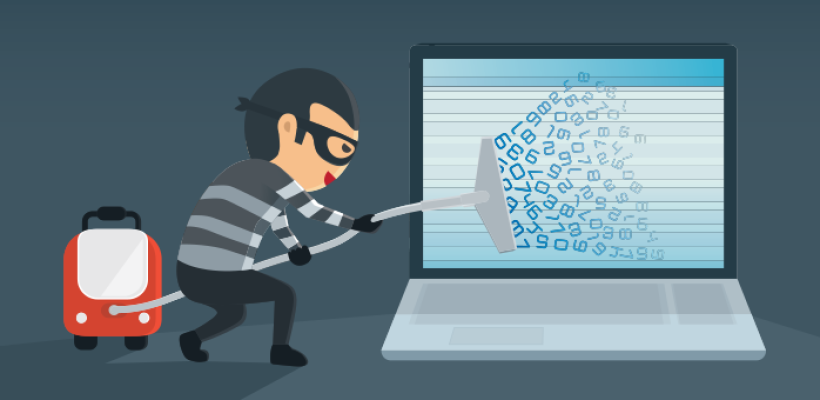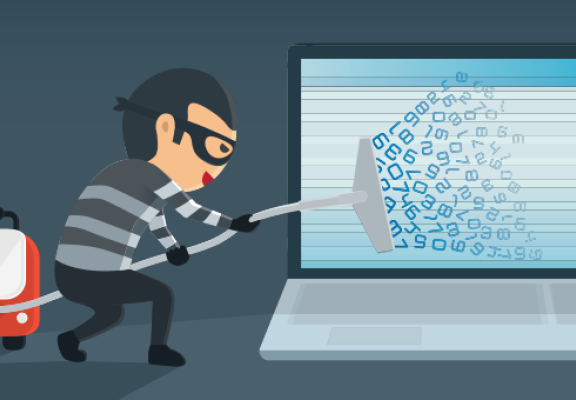

Is AI the future of Cybersecurity?
Cyber-attack is one of the biggest threats to businesses, governments, and institutions today. More than 200 million personal records were exposed in data breaches in 2016; including high-profile breaches at the Department of Homeland Security and the Federal Bureau of Investigation (FBI).
99 percent of exploited vulnerabilities are already known. Unfortunately, we tend to rely on firewalls as a defence. But firewalls will not stop a determined hacker. For now, it’s just humans who try to anticipate what the other human might do before they do it.

So how does Artificial Intelligence (AI) play into this?
Beyond the lack of preparedness on the business level, the cybersecurity workforce itself is also having an incredibly hard time keeping up with demand. By 2021, there are estimated to be an astounding 3.5 million unfilled cybersecurity positions worldwide.
That means cybersecurity professionals will have to compensate for those empty slots, either by working harder (though there’s only so much you can reasonably do) or by working longer hours. In fact, a survey by Spiceworks found that knowledge workers like IT professionals worked on average 52 hours a week. An overworked cybersecurity team means it can be tough to respond to threats appropriately and effectively.
Given the state of cybersecurity today, the implementation of AI systems into the mix can serve as a real turning point. These systems come with a number of substantial benefits that will help prepare cybersecurity professionals for taking on cyber-attacks and safeguarding the enterprise.
Private sector businesses and corporations have already deployed AI systems, and even some governments are using the technology. Why? Because AI can save time and money by going through structured data quickly, as well as comprehensively reading and learning unstructured data, statistics, words, and phrases. This can be utilised to provide proactive and quick responses to new challenges, potentially before a human could spot them. Essentially, AI could save money as well as national secrets.
Still, loopholes exist. Hackers are trying to figure out ways to beat the machines, sneaking in through cracks we didn’t know existed. Right now, months go by before an organisation detects a data breach. By then, the hacker is long gone, along with all the sensitive data.
On the other hand, AI can sit back, collect data, and wait for a hacker to appear.
AI looks for behavioural abnormalities that hackers display, for instance, the way a password is typed or where the user is logging in. AI can detect these small signs that otherwise might have gone unnoticed and halt the hacker in their tracks. This can also be useful in spotting user error or manual changes to system protections that could let a hacker gain access to the network.
As the world is moving towards an increasingly automated and autonomous ecosystem, it is important for companies to use AI to augment their security measures. These measures are significant to survive in a world where AI algorithms are essentially battling each other for dominance.


